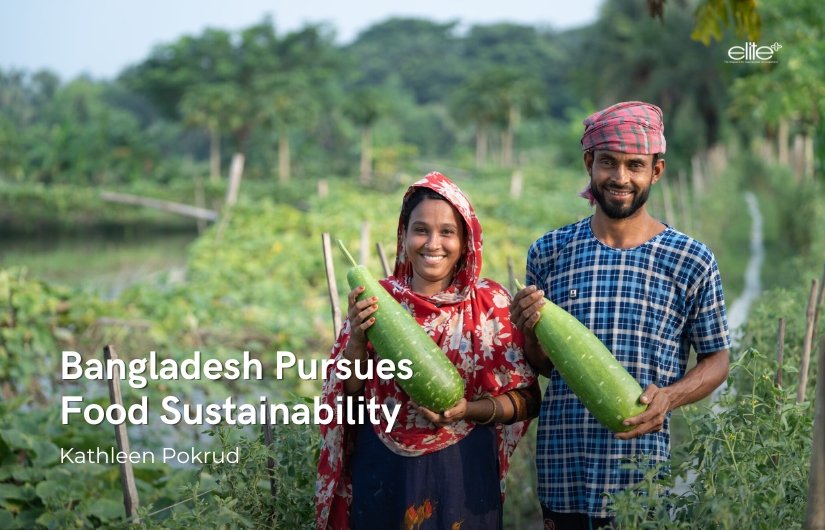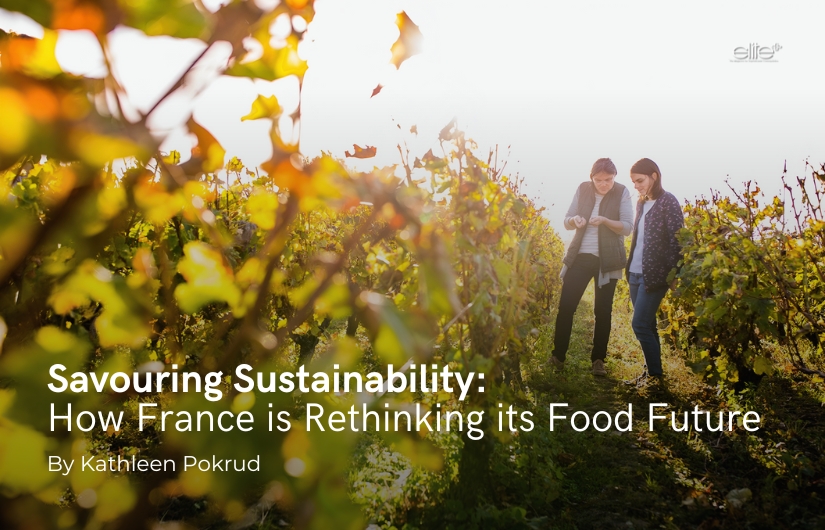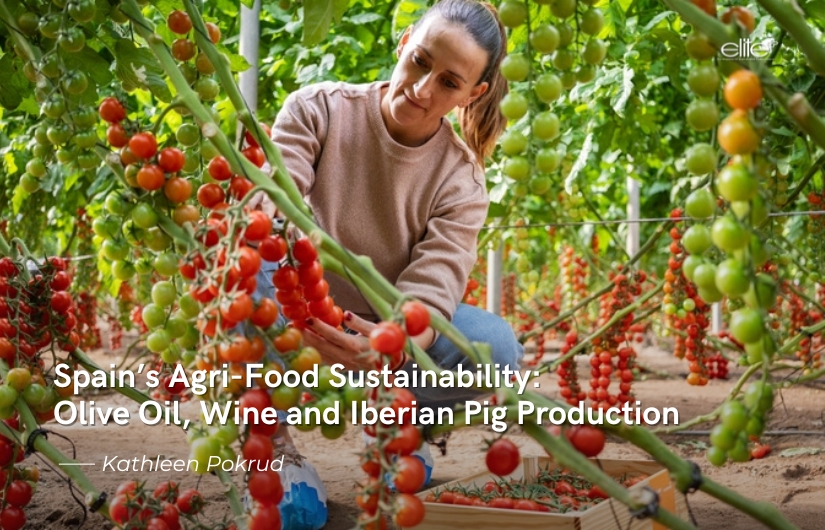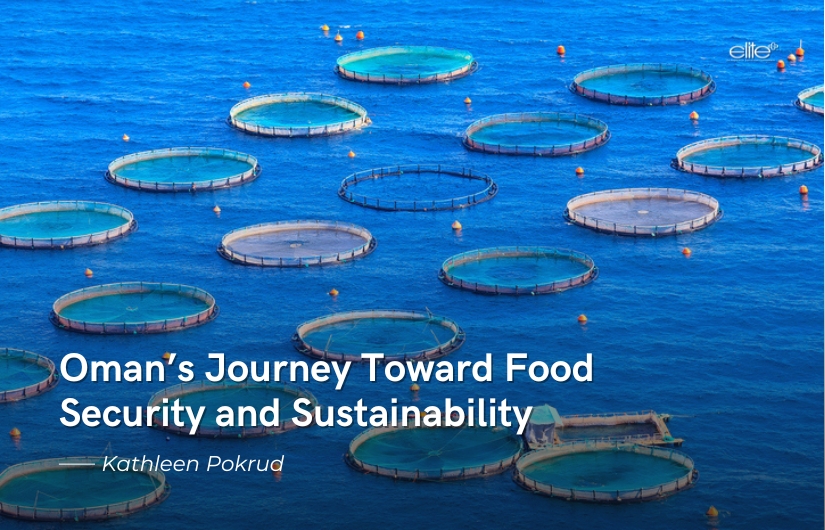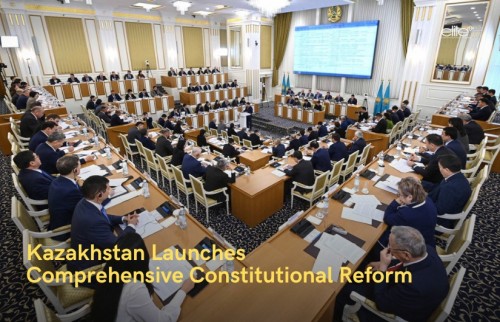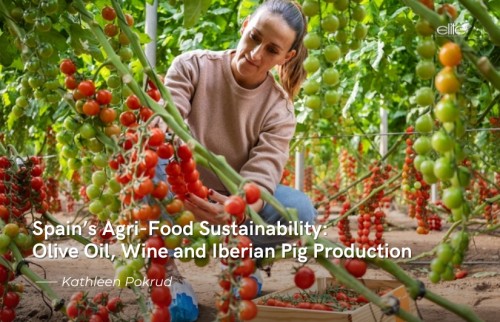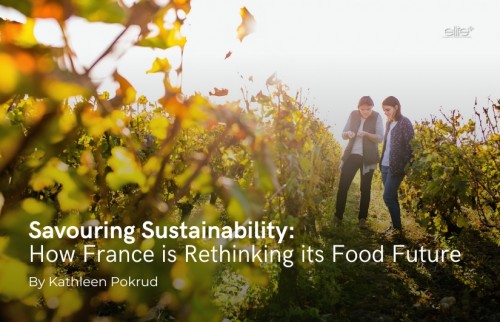By Kathleen Pokrud
Photo courtesy of The Embassy of Bangladesh
Bangladesh, a country once synonymous with food insecurity and famine, has emerged as a compelling story of resilience, innovation and transformation in the realm of food sustainability. With a growing population of over 170 million and increasing pressures from climate change, the nation has embraced a holistic approach to ensuring food security while safeguarding the environment. I sat down with HE Faiyaz Murshid Kazi, Ambassador of Bangladesh to Thailand, to learn about his government’s progressive policies on climate-smart agriculture, grassroots innovations and global partnerships.
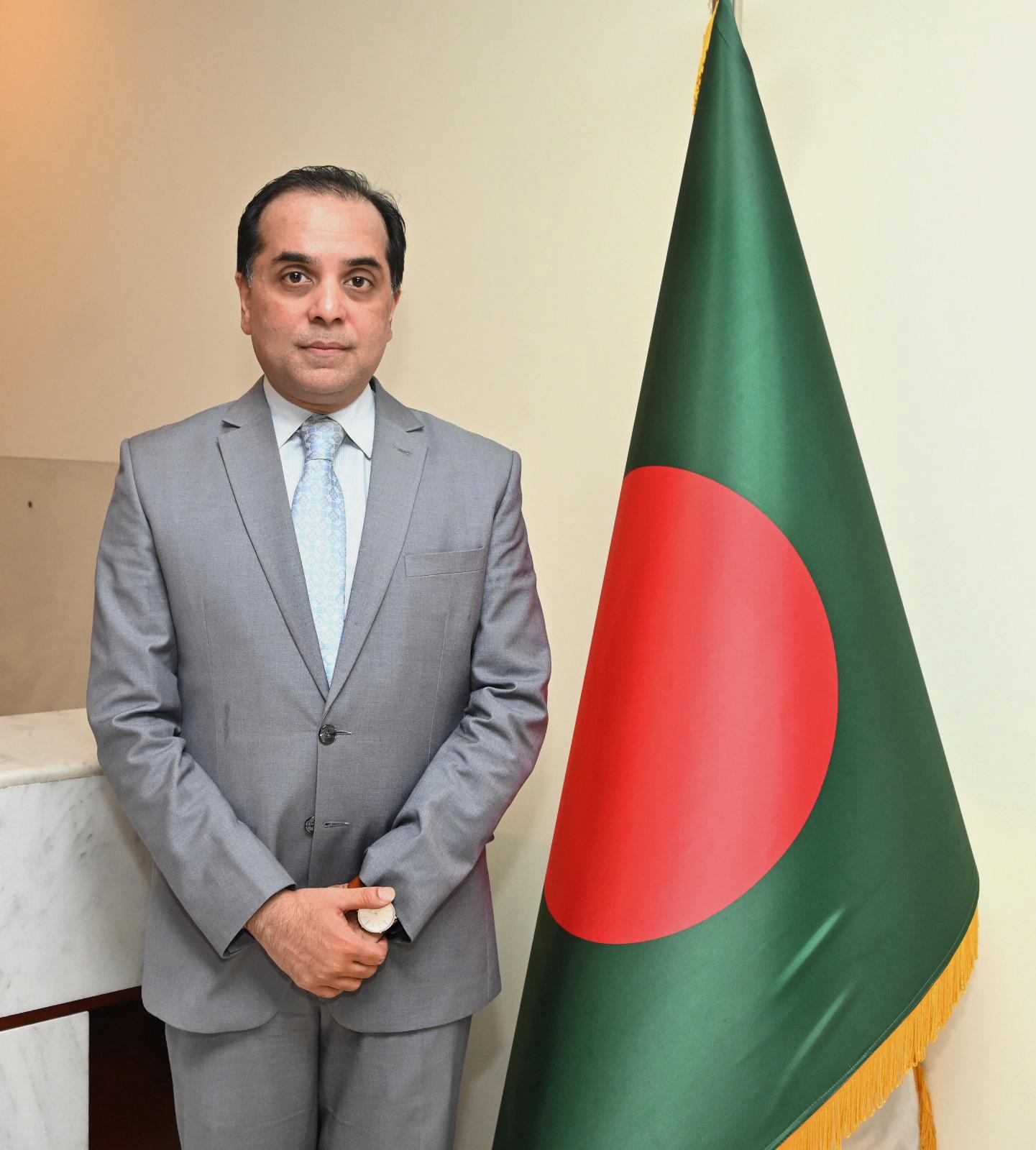
Ambassador Kazi began, “Food security remains a cornerstone of Bangladesh’s sustainable development agenda. The Government remains committed to ensuring that all citizens have access to safe, nutritious and sufficient food. Bangladesh is firmly committed to achieving Sustainable Development Goal 2 (Zero Hunger) by 2030.
“Thus, the Government continues to pursue the strategic action points outlined in the National Food and Nutrition Security Policy (2020) as it works closely with academia, research institutions, local governments and civil society organisations towards achieving food security, addressing malnutrition and fostering sustainable agricultural practices. We actively participated in the UN Food Systems Summit in 2021 and its subsequent stocktaking exercise to showcase our multi-pronged initiatives.
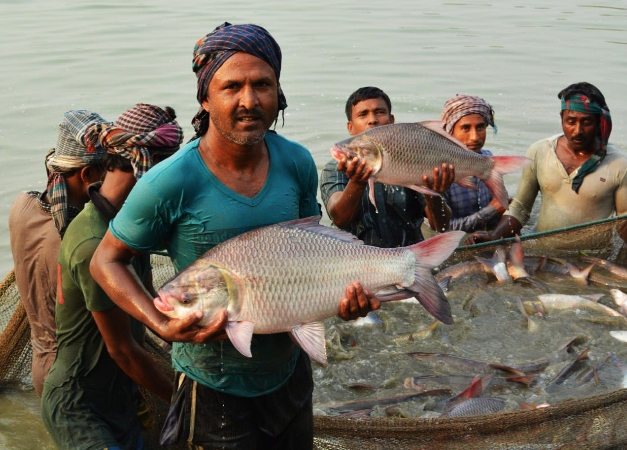
“In recognition of the urgency of food security and poverty alleviation, Bangladesh has recently joined the G20-led Global Alliance Against Hunger and Poverty during the Brazilian presidency of this grouping. This step reaffirms our commitment to global cooperation in ensuring food security through exchange of good practices and knowledge towards mobilizing international finances and resources.”
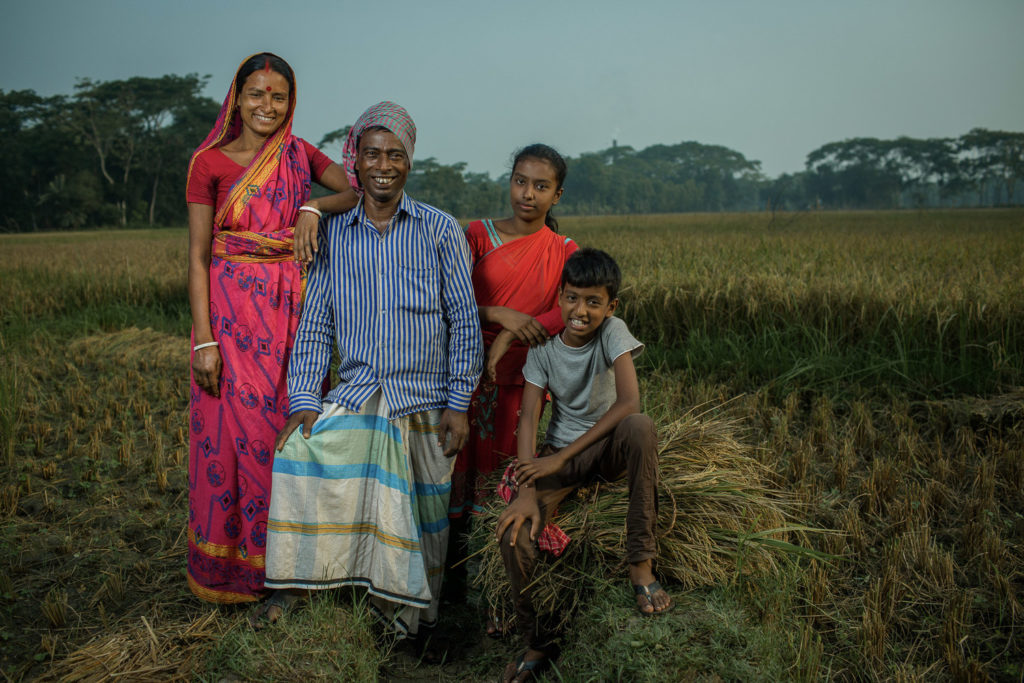
Ambassador Kazi frankly admitted that Bangladesh faces several challenges in implementing eco-friendly food practices and regenerative agriculture. “We are now facing climate change and natural disasters. Frequent floods, cyclones and rising temperatures threaten our agricultural productivity. The Bangladesh Delta Plan 2100 (BDP 2100) underscores the importance of adopting adaptive and resilient agricultural practices as a matter of priority.
“Other prominent challenges are land degradation and overuse of chemical fertilisers. As over reliance on chemical fertilizers and intensive farming are degrading soil quality, we are making efforts to promote organic farming, regenerative agriculture and sustainable soil management.
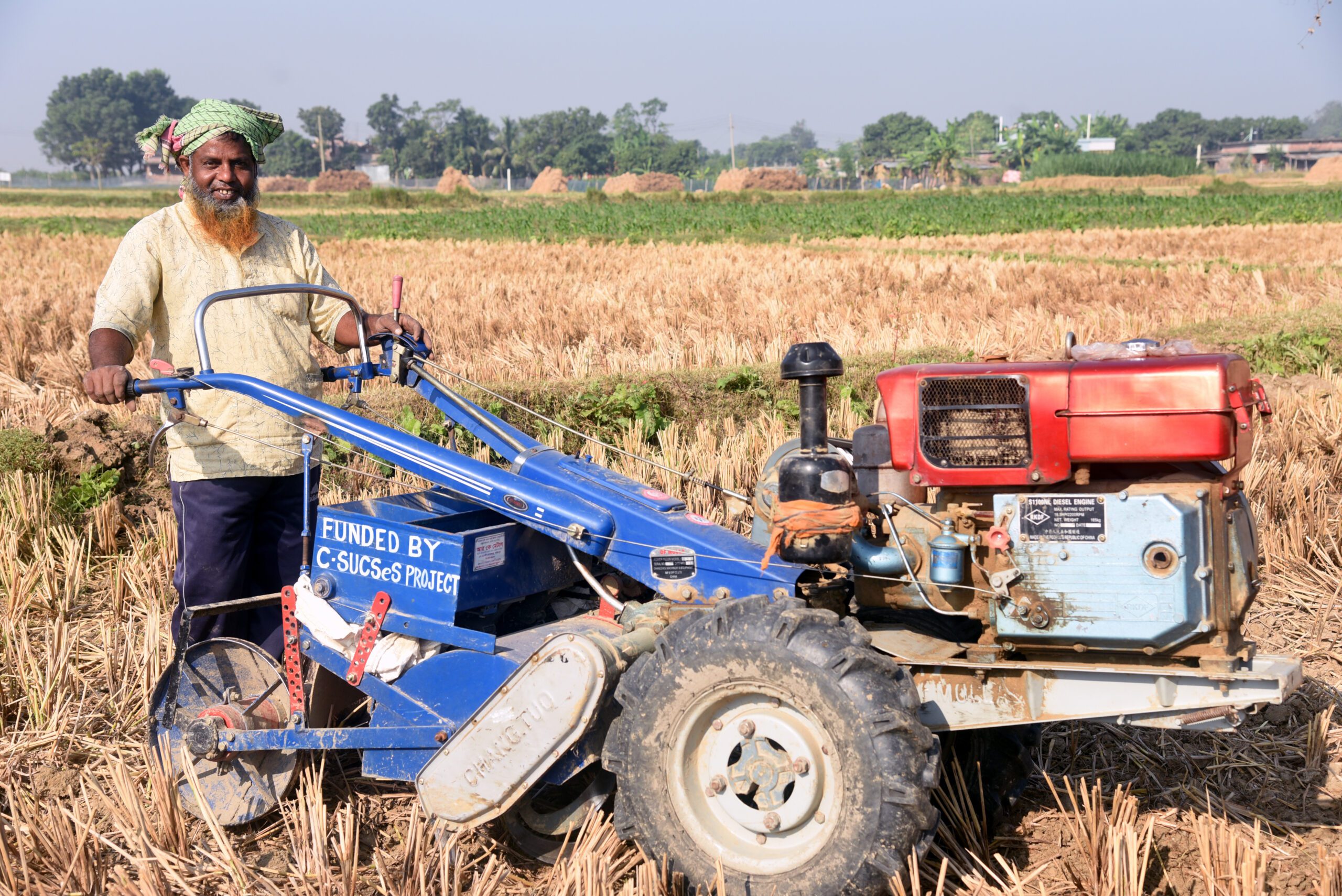
“At the same time, we face other market and infrastructure limitations. Smallholder farmers lack access to sustainable farming technologies, credit and efficient supply chains, limiting the adoption of climate-smart agricultural practices.
“Two other key challenges are food safety and quality concerns. Ensuring food safety throughout the supply chain is a challenge. The Government has enacted the Food Safety Strategic Plan (2022) and is harmonising food standards with Codex Alimentarius, a collection of internationally recognised standards, codes of practice and guidelines published by the UN’s Food and Agriculture Organisation and World Health Organization.
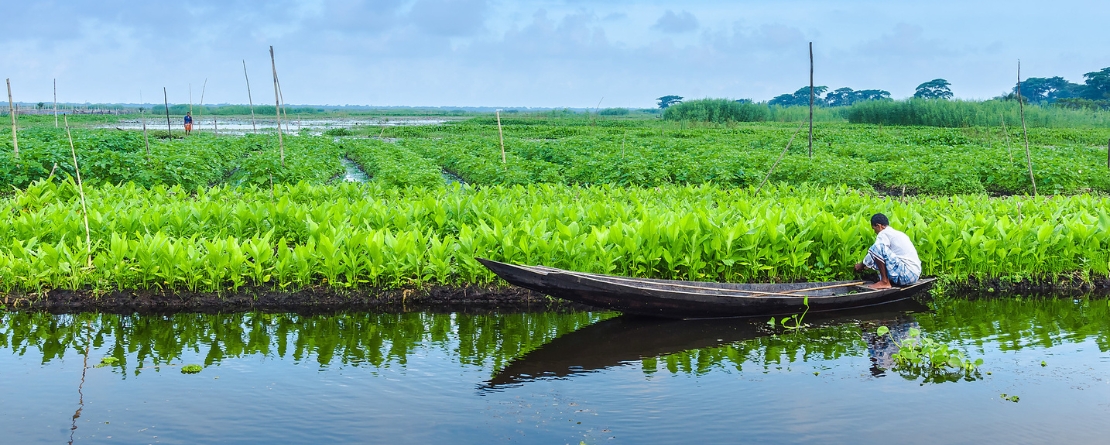
“There are other key policies such as the National Food and Nutrition Security Policy (2020), which ensures nutrition-sensitive agriculture and food distribution; the Consumer Rights Protection Act (2009) to prevent food contamination and overpricing to safeguard consumers. The Good Agricultural Practices (GAP), Good Hygiene Practices (GHP) and Good Manufacturing Practices (GMP) are practices to maintain food safety standards. Lastly, there are the Dhaka Food Agenda 2041 that addresses urban food security through resilient food systems and the National School Meal Policy (2019) which provides nutrient-dense meals to three million school children now, with plans to expand this programme nationwide.”
Bangladesh embraces a multi-stakeholder approach to food sustainability, involving grassroots organisations, the private sector, international donors and development agencies. Ambassador Kazi explained, “Our Agricultural Transformation Programme modernises farming with climate-smart practices, supported by the World Bank that is providing funding of USD 858 million and IFAD providing USD 31 million.
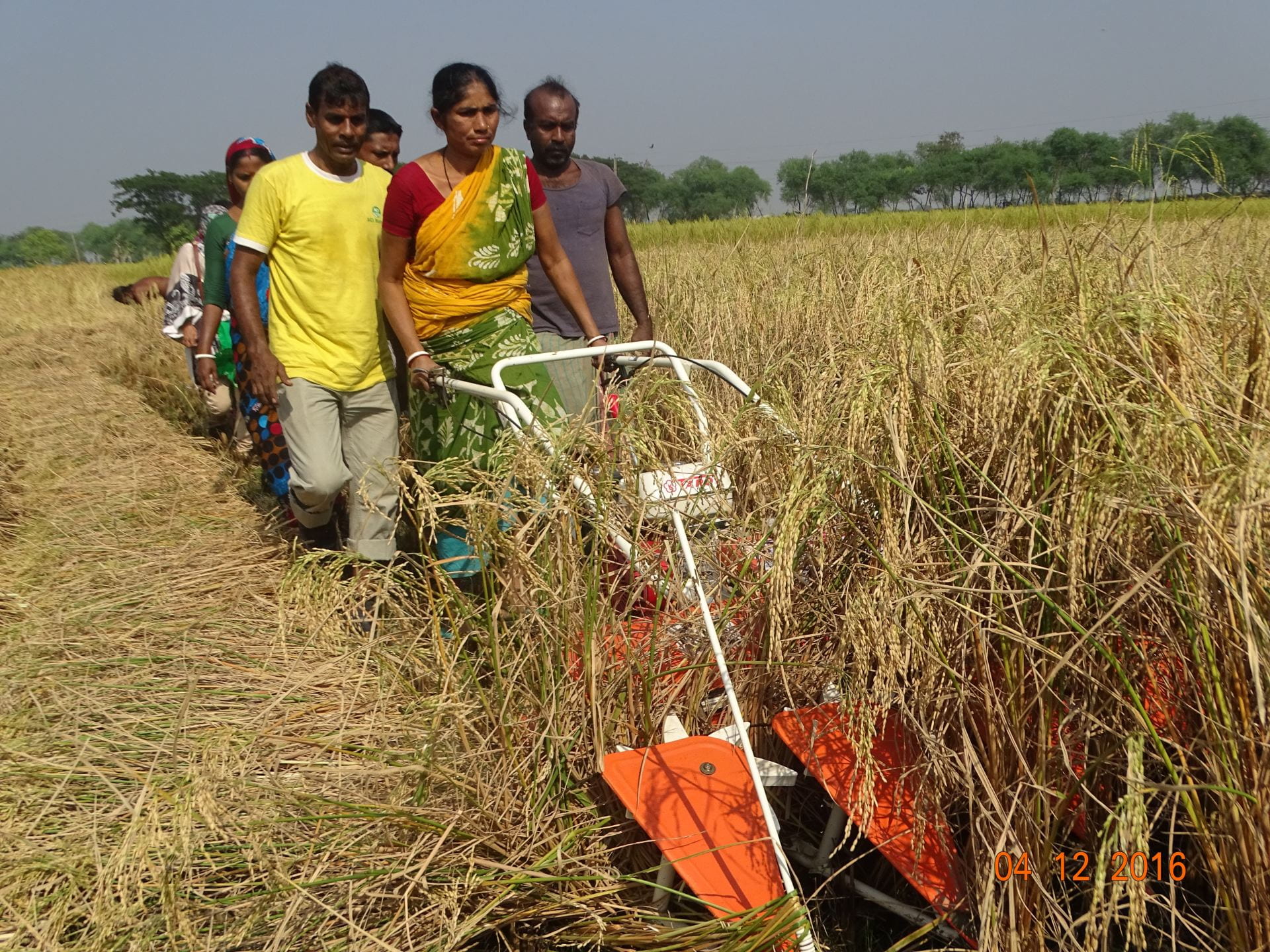
“Private companies are also beginning to take bold steps in regenerative agriculture, especially in carbon credit generation through sustainable farming. Some agribusinesses are incentivising farmers to adopt eco-friendly practices by linking them to global carbon markets.
“On the grassroots level, NGOs play a pivotal role. Many are working in marginalised communities to promote climate-resilient crops, water-efficient irrigation techniques and women-led farming enterprises. Their local knowledge and community trust are invaluable in promoting behavioural change and ensuring that policies translate into real-world impacts.
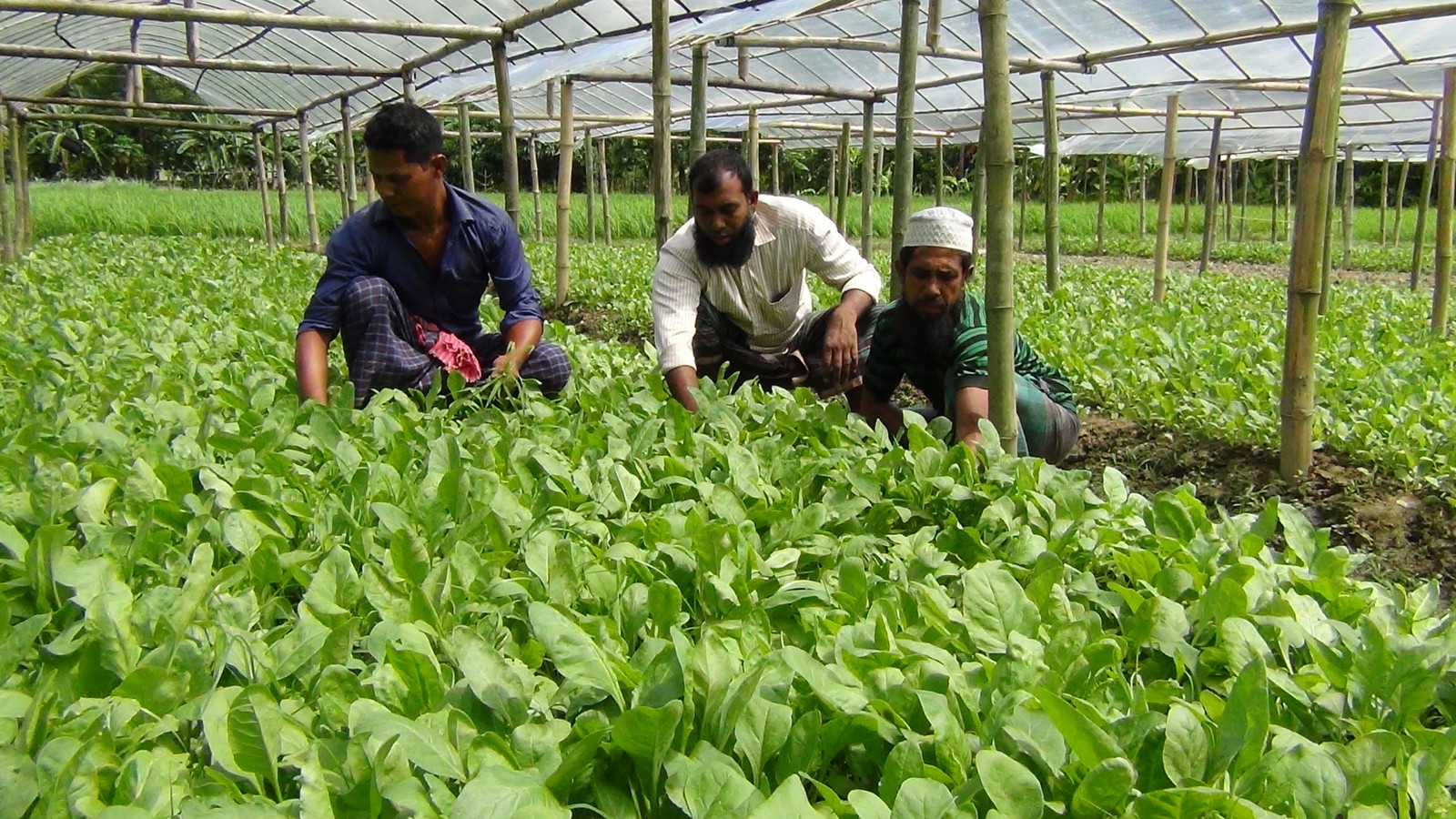
“Bangladesh also partners with international organisations such as the Food and Agriculture Organization (FAO), World Food Programme (WFP), and Global Alliance for Improved Nutrition (GAIN) to implement food systems transformation strategies.”
Ambassador Kazi also proudly announced that Bangladesh is actively exploring forward-looking initiatives to secure its food future. “A good example is the Bangladesh Food Systems Dashboard (BDFSD), which is a data-driven tool being developed to monitor food system indicators and guide evidence-based policy formulation. Next, Foresight for Food Scenario Analysis is another strategic planning tool that uses data modelling to identify investment priorities under the national Vision 2041 development plan. Other initiatives include Urban Food Security Models in building on the Dhaka Food Agenda 2041. Similar strategies are also being conceptualised for secondary cities such as Chattogram and Khulna, and Expansion of Climate-Smart Agriculture Projects that include the integration of artificial intelligence, precision farming and mobile-based weather advisory systems to support smallholder farmers.”
Bangladesh strongly believes in regional and global collaboration to ensure food security. Ambassador Kazi elaborated, “As an active participant in international dialogues, Bangladesh emphasises on global alliances. Bangladesh has joined the Global Alliance Against Hunger and Poverty to work collectively on food security initiatives. Recognising the importance of international support, Bangladesh seeks to expand development partnerships to fund sustainable agricultural growth. In addition, Bangladesh also supports global health initiatives such as the World Health Assembly 2023 resolution on micronutrient fortification. By scaling up initiatives such as fortified rice distribution and biofortified crops, Bangladesh aims to reduce hidden hunger and enhance public health outcomes.”
In conclusion, Ambassador Kazi reiterated, “Through a mix of domestic policy reforms and international engagement, Bangladesh is steadily positioning itself as a model for inclusive, sustainable and resilient food systems. From progressive government policies and climate-smart agriculture to grassroots innovations and global partnerships, Bangladesh is weaving a new narrative in which sustainability, nutrition and resilience are at the heart of its food systems.”


